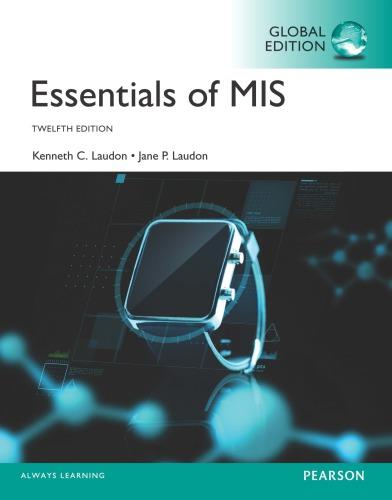Question
Ali, the crocodile, lives in the dark water of Putah Creek in the Arboretum just beside the UC Davis campus. To the delight of the
Ali, the crocodile, lives in the dark water of Putah Creek in the Arboretum just beside
the UC Davis campus. To the delight of the ducks there, Ali is a vegetarian. Ali earns
income from being employed by UC Davis as a life guard at Putah Creek. His task is to
rescue students who fall into the water from time to time. He is especially busy around
prelim exams when more students than usual jump into water out of despair. When
being rescued by Ali, usually their mood lights up quickly in anticipation of a cool selfie
with a crocodile that can be shared on Facebook. By the time they relapse upon realizing
that the water damaged their cell phone beyond repair, the authorities have arrived to
help (with their cell phones). Anyway, let's not digress further. While we certainly
appreciate Ali's work, our academic interest is focused on his consumption behavior.
Being a vegetarian, his main diet consists of almonds. They have the inconvenient feature
of getting stuck between his 72 teeth. So he is also a rather heavy consumer of toothpicks.
Finally there are his frequent gifts he purchases for Mathilda. Mathilda! She is the duck
of the Arboretum who waddles most elegantly with her petite legs by delightfully moving
well-shaped hips. He is really in love with her; at a platonic level of course so that nobody
gets physically hurt.
We write xa, xt
, xg 0 for the amounts of his consumption of almonds, toothpicks, and
gifts, respectively. We assume for simplicity that these goods are infinitesimally divisible.
Let x = (xa, xt
, xg). We assume that his utility function is given by u(xa, xt
, xg) =
x
a x
tx
1
g with , (0, 1) and + < 1. His income or wealth is denoted by
w > 0. Finally, we denote by pa, pt
, pg > 0 the prices of almonds, toothpicks, and gifts,
respectively, and p = (pa, pt
, pg).
a. Use the Kuhn-Tucker approach to derive step-by-step the Walrasian demand function x(p, w). Verify also second-order conditions.
b. Verify that the demand function is homogenous of degree zero and satisfies Walras'
Law.
c. To be honest, we do not really know whether Ali has the Cobb-Douglas utility
function stated above. Would Ali want to differently substitute a marginal amount
of almonds for some toothpicks when having a differentiable utility function different from the one above and optimally demanding positive amounts of all goods?
Explain.
d. You would expect that the more almonds Ali eats, the more they get stuck in his
teeth and the more toothpicks he purchases. In light of such considerations, does
it make sense to assume Ali has the utility function above?
e. Suppose the university would slightly raise Ali's income. (Assuming at most small
changes of income is a very realistic assumption at UC Davis.) Can we learn from
the Lagrange approach by how much his utility would change?
f. Derive Ali's indirect utility function (denote it by v(p, w)). Simplify.
g. Can we also answer part e using Ali's indirect utility function? Briefly explain.
h. Verify that Ali satisfies Roy's identity with respect to almonds.
i. When Professor Schipper interviews Ali about how exactly he arrives at his optimal
consumption bundle, Ali expresses ignorance about maximizing utility subject to
his budget constraint. Instead, he seems to minimize his expenditure on consumption such that he reaches a certain level of utility. A smart undergraduate student
walks by and claims that this is clear evidence against the assumption of utility
maximization in economics. Since Professor Schipper hates Cobb-Douglas utility
functions and boring calculations, he sends the student to you so that you can show
him how expenditure minimization works. Again, use the Kuhn-Tucker approach
to derive the Hicksian demand function.
Step by Step Solution
There are 3 Steps involved in it
Step: 1

Get Instant Access to Expert-Tailored Solutions
See step-by-step solutions with expert insights and AI powered tools for academic success
Step: 2

Step: 3

Ace Your Homework with AI
Get the answers you need in no time with our AI-driven, step-by-step assistance
Get Started


